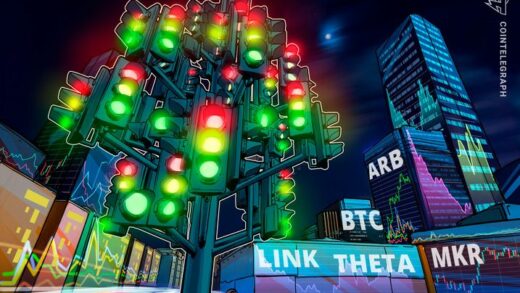A foreign currency exchange rate is a price that represents how much it costs to buy the currency of one country using the currency of another country. Currency traders buy and sell currencies through forex transactions based on how they expect currency exchange rates will fluctuate. When the value of one currency rises relative to another, traders will earn profits if they purchased the appreciating currency, or suffer losses if they sold the appreciating currency. As discussed below, there are also other factors that can reduce a trader’s profits even if that trader “picked” the right currency.
Currencies are identified by three-letter abbreviations. For example, USD is the designation for the U.S. dollar, EUR is the designation for the Eurois the designation for the British pound, and JPY is the designation for the Japanese yen. Forex transactions are quoted in pairs of currencies because you are purchasing one currency with another currency. Sometimes purchases and sales are done relative to the U.S. dollar, similar to the way that many stocks and bonds are priced in U.S. dollars. For example, you might buy Euros using U.S. dollars. In other types of forex transactions, one foreign currency might be purchased using another foreign currency. An example of this would be to buy Euros using British pounds that is, trading both the Euro and the pound in a single transaction. For investors whose local currency is the U.S. dollar investors who mostly hold assets denominated the first example generally represents a single, positive bet on the an expectation that the Euro will rise in whereas the second example represents a positive bet on the Euro and a negative bet on the British an expectation that the Euro will rise in value relative to the British pound
There are different quoting conventions for exchange rates depending on the currency, the market, and sometimes even the system that is displaying the quote. For some investors, these differences can be a source of confusion and might even lead to placing unintended trades. For example, it is often the case that the Eurochange rates are quoted in terms dollars. A quote for EUR
then means that 1,000 Euros can be bought for approximately dollars. In contrast, Japanese yen are often quoted in terms of the number of yen that can be purchased with a single U.S. dollar. A quote for JPY of 79.1515 then means that 1,000 U.S. dollars can be bought for approximately 79,152 yen. In these examples, if you bought the Euro and the EUR quote increases from you would be making money. But if you bought the yen and the JPY quote increases from 79.1515 to 89.1515, you would actually be losing money because, in this example, the yen would be depreciating relative to the U.S. dollar (i.e., it would take more yen to buy a single U.S. dollar).
Before you attempt to trade currencies, you should have a firm understanding of currency quoting conventions, how forex transactions are priced, and the mathematical formulae required to convert one currency into another.Currency exchange rates are usually quoted using a pair of prices representing a and an Similar to the manner in which stocks might be quoted, the is a price that represents how much you will need to spend in order to purchase a currency, and is a price that represents amount that you will receive if you sell the currency.
The difference between the bid and ask prices is known as the “bid-ask spread,” and it represents an inherent cost of trading – the wider the bid-ask spread, the more it costs to buy and sell a given currency, apart from any other commissions or transaction charges.
Individual investors who are considering participating in the foreign currency exchange market need to understand fully the market and its unique characteristics. Forex trading can be very risky and is not appropriate for all investors.
It is common in most forex trading strategies to employ leverage. Leverage entails using a relatively small amount of capital to buy currency worth many times the value of that capital. Leverage magnifies minor fluctuations in currency markets in order to increase potential gains and losses. By using leverage to trade forex, you risk losing all of your initial capital and may lose even more money than the amount of your initial capital. You should carefully consider your own financial situation, consult a financial adviser knowledgeable in forex trading, and investigate any firms offering to trade forex for you before making any investment decisions.



